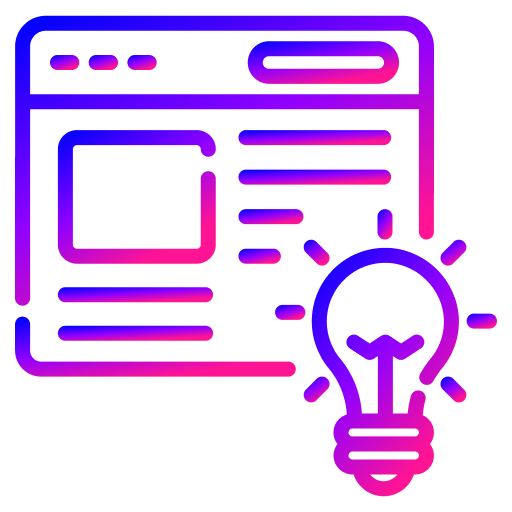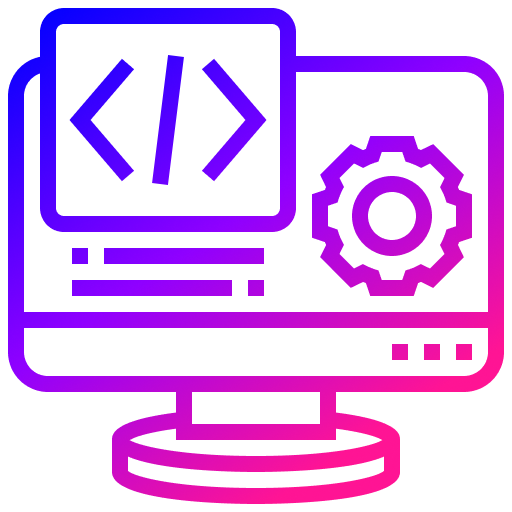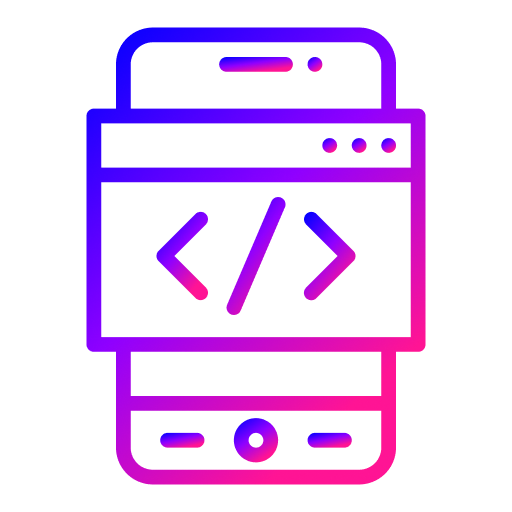PHP Development Services We Provide

Custom PHP Application Development
Craft bespoke PHP applications tailored to your specific business needs, ensuring scalability, security, and seamless functionality.

Enterprise PHP Solutions
Deliver robust and scalable PHP solutions designed to meet the complex demands of enterprises, ensuring efficiency and business growth.

PHP Web Development
Create dynamic and feature-rich web applications using PHP, focusing on user experience, responsiveness, and performance optimization.

PHP Mobile App Development
Develop innovative mobile applications with PHP backend, ensuring compatibility, performance, and seamless integration with mobile platforms.

PHP E-commerce Solutions
Build comprehensive e-commerce platforms using PHP, providing secure payment gateways, product management, and customer interaction features.


Why Choose Byte Burst for PHP Development
Expertise
Our seasoned PHP developers possess extensive experience in crafting innovative solutions, leveraging the full potential of PHP to meet diverse business needs.
Commitment to Quality
We prioritize quality in every aspect of development, ensuring that our PHP solutions adhere to best practices, security standards, and performance optimization techniques.
Agile Approach
Our agile development methodology enables us to adapt quickly to changing requirements, deliver incremental value, and ensure timely delivery of PHP projects.
Comprehensive Support
Beyond development, we provide ongoing maintenance and support services for PHP applications, ensuring continuous operation, security, and scalability.
Benefits Of Using PHP
for Software
Development
PHP offers rapid development and scalability with its robust ecosystem,
fostering
cost-effective and versatile solutions for a wide range of web applications.
Flexibility and Productivity
PHP's simplicity and ease of use empower developers to build web applications quickly and efficiently, fostering rapid development and iteration.
Robust Ecosystem
PHP boasts a vast ecosystem of frameworks, libraries, and tools, such as Laravel and Symfony, that streamline development tasks, enhance productivity, and cater to diverse application needs.
Scalability and Performance
With advancements in PHP runtime and caching mechanisms, applications built with PHP can handle increasing workloads and deliver optimal performance, making it suitable for scalable systems.
Frequently Asked Questions
PHP is a server-side scripting language used for web development to create dynamic web pages and web applications. It is widely used due to its simplicity, flexibility, and robust ecosystem of frameworks and tools.
Popular PHP frameworks include Laravel, Symfony, and CodeIgniter, which provide pre-built modules, libraries, and tools to streamline development tasks, enhance productivity, and maintain code consistency.
Yes, PHP is suitable for building scalable and high-performance web applications, especially when combined with caching mechanisms, load balancing, and optimization techniques. Frameworks like Laravel and Symfony offer features for scalability and performance optimization.
PHP offers simplicity, ease of use, and a low learning curve, making it a popular choice for web development, especially for beginners and small to medium-sized projects. However, for more complex applications, languages like Java and Ruby may offer additional features and scalability options.
When developing PHP applications, it is essential to follow security best practices such as input validation, output sanitization, parameterized queries to prevent SQL injection, and using secure authentication and authorization mechanisms to protect against common web vulnerabilities.
To ensure optimal performance, PHP applications should be optimized by implementing caching mechanisms, using efficient algorithms and data structures, minimizing database queries, and leveraging content delivery networks (CDNs) for static assets.

